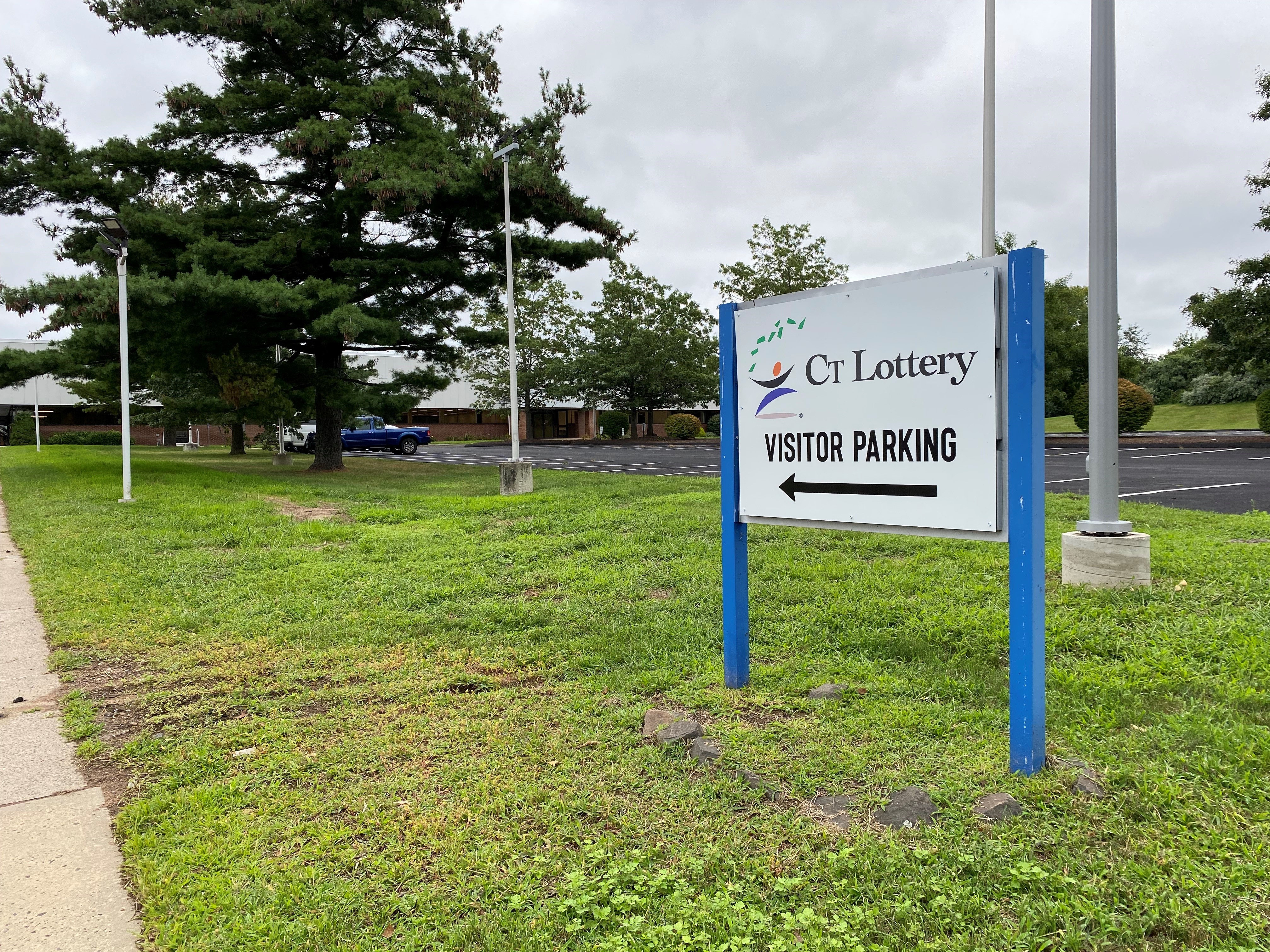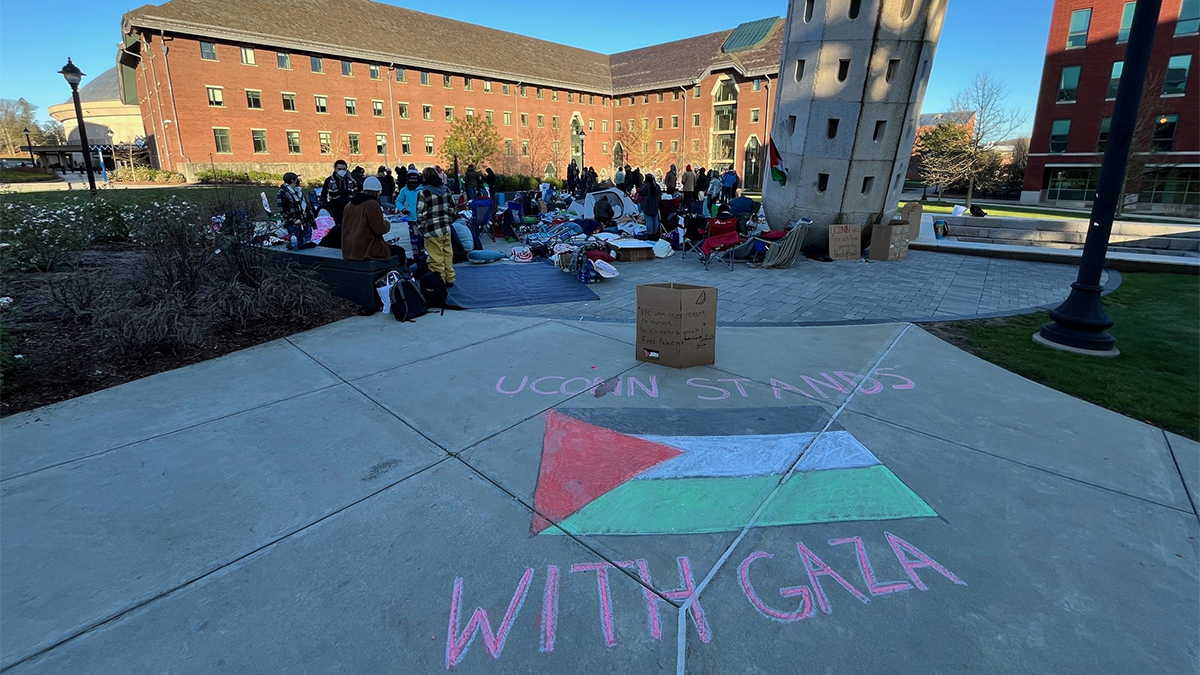Stepping into a nail salon, most customers may not realize that Connecticut stands out from other states.
"As it stands today, anyone in Connecticut can work as a nail technician, eyelash technician, or esthetician, or open a business, no training needed, no oversight except occasional health inspections by the local departments of public health. We're the only state in the country that doesn't license these professions," said Rep Jillian Gilchrest (D-West Hartford).
A proposed bill would change that, requiring anyone in those professions to have a license from the Connecticut Department of Public Health. The license would be renewed biannually and the application fee would cost $100. The bill also says the applicant would need to have "evidence that the applicant has a high school diploma or the equivalent."
An esthetician would need to complete no less than 600 hours of practical training and experience under the personal supervision and instruction of an esthetician and complete an exam or have practiced esthetics continuously in the state for no less than two years prior to January 1, 2020. A nail technician would need to complete 300 hours. An eyelash technician would need to complete at least 200 hours.
The legislation faced quite a bit of scrutiny at Monday's public hearing. Some say the industry is regulated enough.
"The health department is already in charge of regulating these businesses for the purposes of public health. The format for inspection already addresses salons and spas for proper sanitation and guidelines that are already in existence," said Tara Swagger, owner of Taraesthetics. "Many industry professionals have voiced serious concerns when learning about the proposed language and how this will affect their businesses in terms of financial costs."
Local
Even those who applauded the intent had at least some concerns with the language.
DPH says the bill's start date is too soon for proper implementation, is unfunded, and may not give qualified individuals time to obtain a license without interruption in service.
The Connecticut Society of Plastic Surgeons said language in the bill would allow estheticians to perform "cosmetic medical procedures" which includes cosmetic surgery. The organization is asking the bill be amended to fix that.
Kellie Steeves owns Oxford Academy of Hair Design and Diana Leonardi owns Branford Academy of Hair and Cosmetology. They support licensing but say the bill should require nail and eyelash technicians and estheticians to be taught at a school and not a salon.
"Anybody can watch a YouTube video and put nail polish on. Anybody can watch a YouTube video and do a facial manipulation. It's actually knowing what you're doing and why you're doing it," said Leonardi.
"You need to know the anatomy. You need to know physiology. You need to know chemistry. You need to know what manipulation moves can cause some type of adverse reaction," said Steeves.
The name of the bill, 'An Act Concerning Human Trafficking and State Contracts and the Licensing of Estheticians, Nail Technicians and Eyelash Technicians,' also drew some criticism.
Gilchrest says she believes they will see a reduction in human trafficking with the passing of the bill.
"As chair of Connecticut's Trafficking in Persons Council from 2015 through this past December, we heard time and again from the Department of Labor that while not all nail salons have human trafficking, there is labor trafficking taking place at some nail salons in the State of Connecticut," said Gilchrest.
DPH said that it "is skeptical that the proposed occupational licensing will have an impact on the problem of human trafficking in nail salons."
To see the language of the proposed bill, click here.
To read some of the public hearing testimony, click here.



